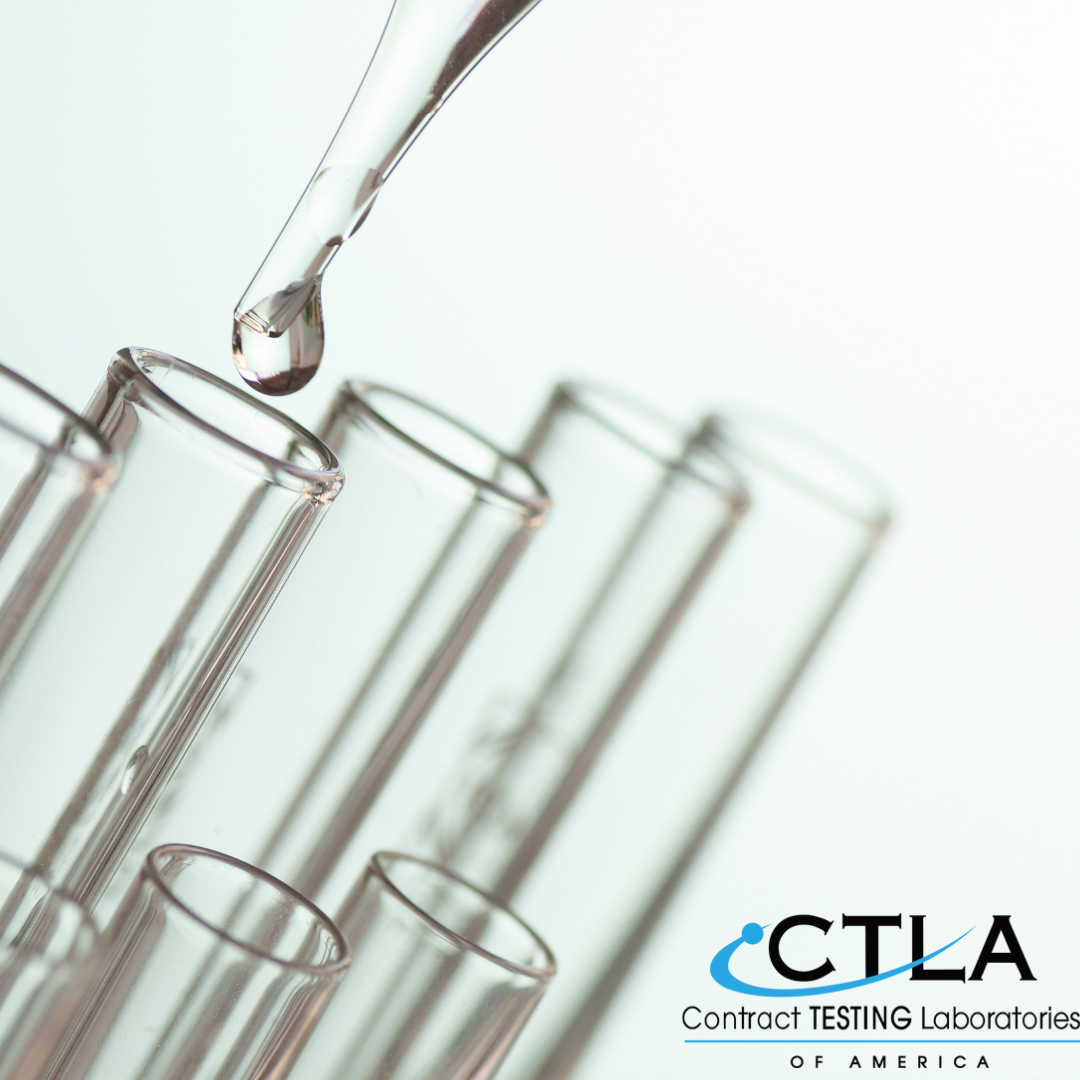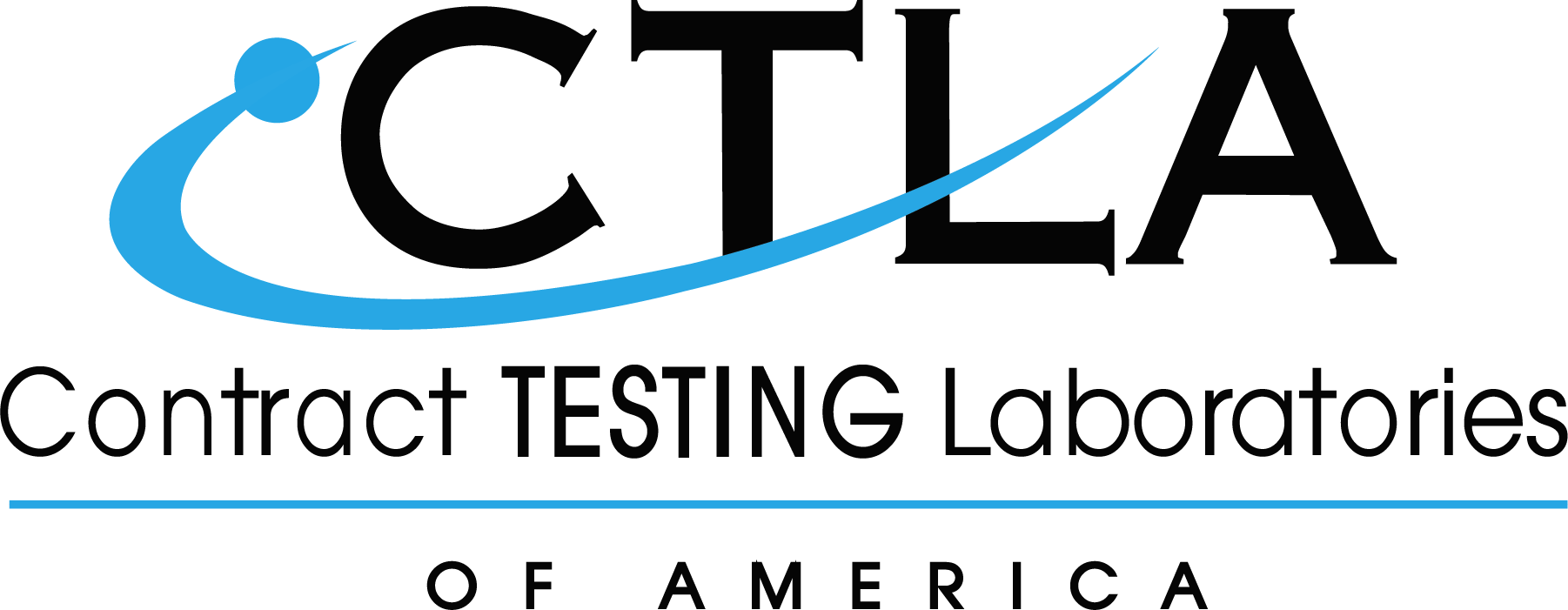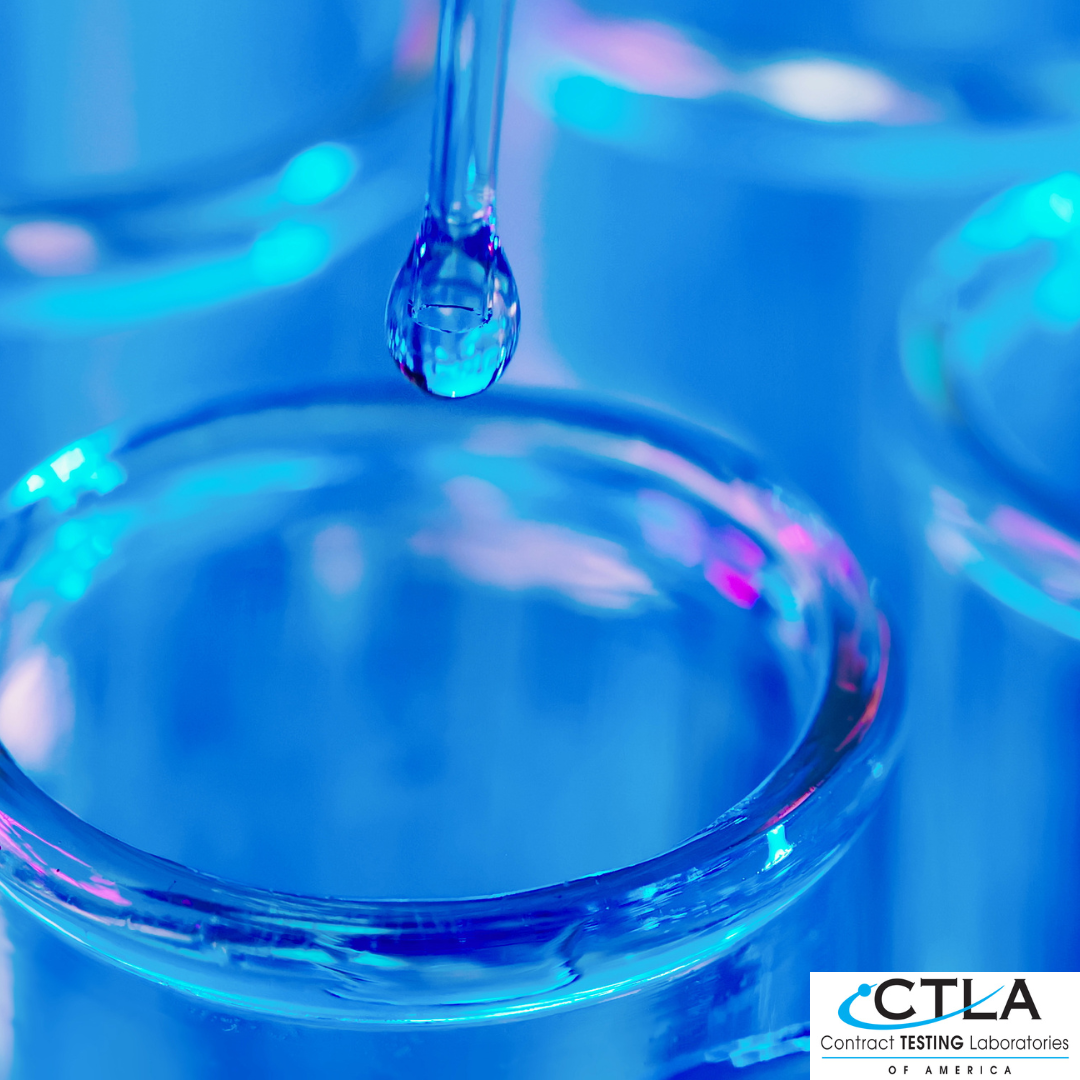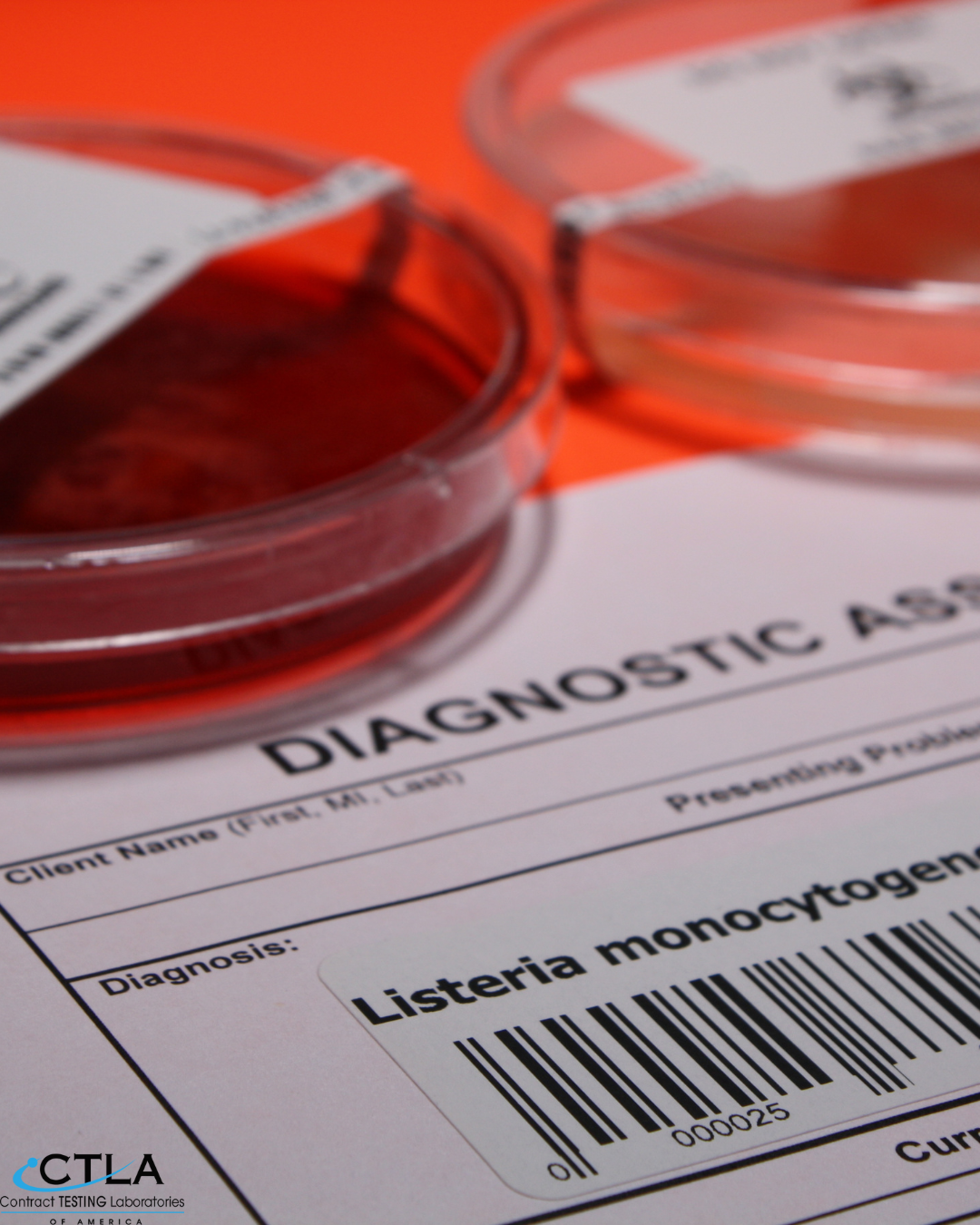
The Importance of PCR Testing
In the ever-expanding world of dietary supplements, consumer trust hinges on the safety, authenticity, and accurate labeling of products. Third-party testing facilities play a pivotal role in safeguarding this trust by independently verifying that supplements contain what they claim-and nothing they shouldn’t. As the industry evolves, these labs are now embracing advanced technologies like polymerase chain reaction (PCR) testing, setting new benchmarks for quality assurance.
The Role of Third-Party Testing in Supplement Safety
Third-party testing is a cornerstone of supplement safety and transparency. Unlike pharmaceuticals, dietary supplements do not require pre-market FDA approval, and regulatory oversight is often limited to post-market surveillance. This regulatory gap leaves room for variability in product quality, mislabeling, and the presence of harmful contaminants. Accredited laboratories, like CTLA, address these concerns by offering comprehensive testing services that evaluate supplements for identity, purity, strength, composition, and contaminants.

These labs use a suite of analytical methods to confirm that products are free from adulterants, heavy metals, pesticides, and microbial threats while ensuring that ingredient quantities match label claims. The result is a higher standard of safety and greater consumer confidence.
Introducing PCR Testing: A Game Changer
PCR testing, long a staple in clinical diagnostics, is now making significant inroads into the dietary supplement industry. This technology amplifies and detects specific DNA sequences, enabling precise identification of plant and animal species in complex supplement mixtures. For supplement manufacturers and consumers alike, this means a new level of assurance against adulteration and mislabeling.
Recent research highlights the power of PCR, especially when combined with DNA barcoding. For example, a Chapman University study used multiplex PCR and DNA barcoding to test ginseng supplements, revealing that nearly half contained undeclared plant species-some with no trace of genuine ginseng at all. Such findings underscore the prevalence of adulteration and the critical need for rigorous authentication.

PCR’s applications extend beyond ingredient verification. It is also highly effective for detecting microbial contaminants like Salmonella, E. coli, and Staphylococcus aureus, which can pose serious health risks if left unchecked. The speed and sensitivity of PCR enable labs to rapidly screen for pathogens and allergens, supporting both safety and regulatory compliance.
Benefits for the Industry and Consumers
The adoption of PCR testing by third-party labs brings several key benefits:
-
Enhanced Authenticity: DNA-based methods can detect even trace amounts of adulterants or substitutions, ensuring that what’s on the label is truly in the bottle.
-
Improved Safety: Rapid pathogen detection protects consumers from potential outbreaks linked to contaminated supplements.
-
Accurate Labeling: PCR helps verify ingredient identity and supports claims made on the Supplement Facts Panel, reducing the risk of mislabeling.
-
Regulatory Compliance: Meeting FDA and retailer requirements becomes easier with robust, science-backed testing protocols.

Looking Ahead
As consumer demand for transparency and quality grows, third-party testing facilities that embrace PCR and other advanced technologies will set the standard for supplement safety. By combining traditional chemical analyses with cutting-edge DNA methods, these labs provide a comprehensive safety net-protecting consumers and elevating industry integrity for years to come.







